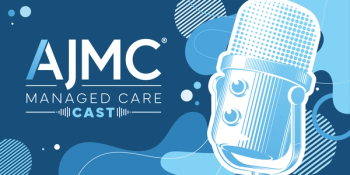
The "Cadillac Tax" Will Soon Affect Government Employees, Says Expert
According to Robert Pozen, non-resident senior fellow at Brookings, government healthcare plans were 17.5% higher cost than the average citizen's plan, while their employee contributions were 45% less than the average plan. If these patterns continue, many state and city healthcare plans will run up against the "Cadillac" tax in 2018, he predicts.
While much has been written on the ACA's implications for private sector employers, only a few commentators have focused on the ACA's implications for cities and states. Like any for-profit employer, any local government with 50 or more full-time employees (100 or more in 2015) must offer an ACA-compliant healthcare plan, or pay significant penalties. Moreover, under current law, the healthcare plans of many local governments will become subject in 2018 to the "Cadillac" tax — an excise tax on healthcare costs above specified annual amounts. The idea behind the Cadillac tax is to help rein in the spiraling cost of health care by putting pressure on employers to offer less generous health insurance plans.
Most states and cities offer generous healthcare plans to their civil servants during their working years and through their retirement until they go on Medicare. In general, local governments offer their employees a broad range of high-quality medical services with little or no co-payments and minimal deductibles. And local governments pay most, if not all, of the annual premiums for such generous healthcare plans.
Read the complete blog:
Source: Brookings website
Newsletter
Stay ahead of policy, cost, and value—subscribe to AJMC for expert insights at the intersection of clinical care and health economics.
















